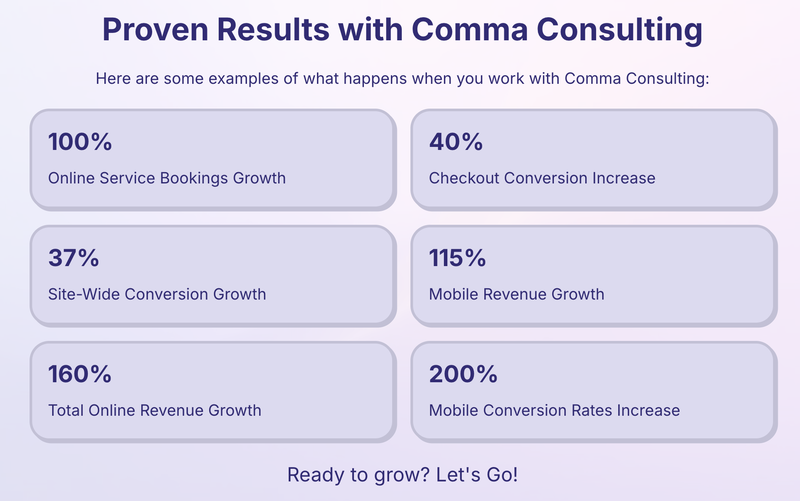
Activating a dedicated strategic planning process for the wider business (which includes the online channel) is a crucial ingredient to the long term health and success of any business.
While it may be "political" to say the ideation and/or strategic vision come from the Executive team, the source of information for much of the decision making needs to come from the bottom up ("bottom up" - the coalface layer of a business).
Change is driven from the top down because the Exec team controls resources, budgets etc.. But the information that shapes change originates from sources that has close proximity to the customer-type and/or market-type the business is trying to service.
Theory VS Data:
To elaborate on this concept look at Top Down decision making as typically being "theory based" and Bottom Up being "data driven". Exec teams commonly work from theories to drive future planning because they are too far removed from the market.
Managers at a typical Fortune 500 company may waste more than 500,000 days a year on ineffective decision making.
This statement from McKinsey talks in two contexts...
- The number of days an Executive team will spend in uniformed discussions about a company's future.
- The number of days it will take a business to recover from decisions that put the business on an incorrect trajectory or path.
Traditional management "best practice" preaches the need for robust debate when making big business decisions, however, the risk is debates are rooted in biase and personal opinions.

Bottom Up - "Delegated Decision Making":
The bottom up or "coalface layer" of any business is rich with data and insights: "coalface layer" = interactions between the business and frontline employees (sales and support).
McKinsey calls this "delegated decision making".
It is this hands-on frontline "layer" that has a tactile connection with customers and the wider consumer market. This "layer" plus other sources of customer centric data hold all the answers to what a potential customer will want from a business.
Top Down - Bottom Up Collision = Long Term Business Value:
How can the Top Down influence and Bottom Up data collide to form the perfect plan to a businesses evolution?
It's all about knowing your role in planning.
The Exec team has a role to protect the best interests of the organisation: shareholder interests, profit/growth targets etc.... There is a role to placate this layer of the business.
HOWEVER, the only way to protect these "higher-up" interests is to protect the best interests of the consumer market the organisation is trying to serve/support.
It's the job of the Exec team to...
#1. Recognise the value of Bottom Up data
#2. Apply effort to pull this data it up through the business
#3. Have this data and the voice of the customer represented in the Boardroom
#4. Have this data as serve as the "guide rail" for future decision making - as guide rails keep a rollercoaster on a windy path, this data serves the same purpose to navigate a businesses future
The next time a member of the Exec team espouses the virtues of the future, ask them where this has come from. Is this his/her opinion, or the opinion of a future customer?
Cultural Benefits of Bottom Up:
This approach also has far reaching benefits to business culture.

Research proves, 89% of organisations think employees leave for new positions that pay better: only 12% of employees earn more when changing jobs.
Activating a Bottom Up approach empowers employees to be engaged, share knowledge, collaborate and contribute to change which is known to drive job satisfaction.
When business issues arise, the Bottom Up culture drives rapid solution creation and makes employees feel they are contributing to wider business change.
Conclusion:
The approach to using the Bottom Up method to inform change is not a new one. However, what makes this business concept a "new thing" is the rich first party data businesses have access to which continues to be ignored and left behind.
This issue does not come as a result of the Exec teams arrogance, the vast majority of Execs want to do the right thing.
Exec teams need to improve its understanding of the existence of this data and how to use it to create insights and a new business future from it. This is where an eCommerce/Data specialist in this subject matter becomes important.
Benefits of working with an eCommerce Expert = Results:
When you work with an eCommerce Expert like Greg from Comma Consulting, these are the types of results you can expect...

Ready to grow? Let's Go! Click here to contact Comma Consulting now.
This article was as tagged as AI eCommerce , Data Driven Decision Making , Digital Strategy , Digital Transformation